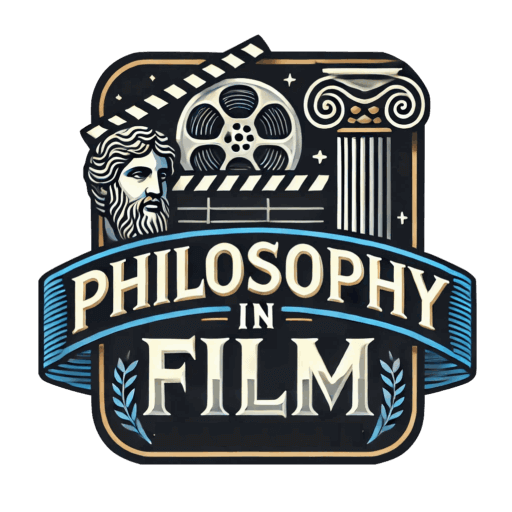Review: Mother’s Day (1980) a film by Charles Kaufman
Mother’s Day (1980), written and directed by Charles Kaufman (brother of Troma co-founder Lloyd Kaufman), tells the story of three women who go out to the woods for an annual camping trip. The film establishes the three women, Abbey, Jackie, and Trina, as longtime friends with years of shared experiences. They plan these annual get-togethers to relieve the stress of their daily lives and bond with one another. However, just as they get comfortable out in the woods, two sadistic, backwoods brothers and their unhinged mother take the women hostage.
Unfortunately, Kaufman does not dedicate much screen time to the women and their backstory. Instead, the majority of the film follows them as they attempt to escape their captors. The two inbred brothers, Ike and Addley, are hopelessly devoted to their mother. She puts them through rigorous combat training on a daily basis, creating a secluded world in which they worship her and obey her every command.
Mother’s Day shares some obvious similarities with Tobe Hooper’s The Texas Chainsaw Massacre (1974). That said, the latter is a far superior and more horrific film about a deranged family that captures, tortures, and murders a group of unsuspecting 20-somethings. Unlike The Texas Chainsaw Massacre, Mother’s Day just feels like a derivative attempt at rape-revenge horror with a shallow attempt at psychoanalysis. It is always very evident in films, especially horror films, when the filmmakers put in contrived symbolism and Freudian imagery without the slightest hint of subtlety. They want to raise their film above the level of mere exploitation, but in most cases (including Mother’s Day), it doesn’t work.
In Mother’s Day, the story really drives home the “overbearing mother” theme. We briefly catch a glimpse of Abbey’s home life, where her mother berates her for not taking care of “a sick old woman.” The sound of her mother’s screams comes back toward the end of the film when Abbey confronts the deranged mother in the woods. At one point, a character uses a pair of plastic blow-up breasts to suffocate one of the villains. I guess this helped ensure that audiences didn’t miss the “your mother is killing you” theme. These are just a few of many, many examples throughout the film.

Cheesy symbolism aside, Mother’s Day (1980) is simply not a very good film. The plot is a flimsy, half-plausible excuse to show exploitative carnage. Even for those drawn to blood and gore, the film disappoints. There are 70s and 80s slasher films with much more impressive special effects and death scenes, even on a similarly meager budget. At the risk of sounding like an adoring fan, go watch The Texas Chainsaw Massacre for real low-budget scares.
While the horror should arise from the perverse family dynamic, the psychotic hillbillies simply act bizarre, rather than horrifying. They’re inherent “otherness” feels silly rather than scary. The mother, as the main villain, does a little better at providing scares. However, when you compare her to the mother in Sean S. Cunningham’s Friday the 13th (1980), she just doesn’t do enough to send chills down your spine.
This is where the film really falters. The obvious focus on the symbolism and half-cocked psychoanalysis overpower the horrific elements in Mother’s Day. Even in 1980, there had already been dozens of slasher movies focused on deranged families. The slasher genre lends itself to analysis, so piling on the symbolism just feels like overkill (no pun intended). Instead, director Charles Kaufman should have taken a page from his brother’s book and either a) made Mother’s Day a horror-comedy or b) focused on creating actual scares or believable gore.
I can forgive the film’s low video and audio quality, considering the small budget ($115,000 USD). However, it doesn’t change the fact that many of the scenes just look ugly. Natural lighting is used far too often, giving it the look of a home-movie made in someone’s backyard. To make matters worse, the poor camera quality gives every shot an ugly, smudged appearance. On some level, Mother’s Day is more of a parody of a horror film than a legitimate horror film. Either way, it is still not very enjoyable or memorable. Fortunately, there are far better low-budget slashers out there.
Rating: ★½ out of 5
If you’d like to watch Mother’s Day (1980), it is available to rent or purchase via Amazon here. For more film reviews like this one, check out the Philosophy in Film Homepage!

